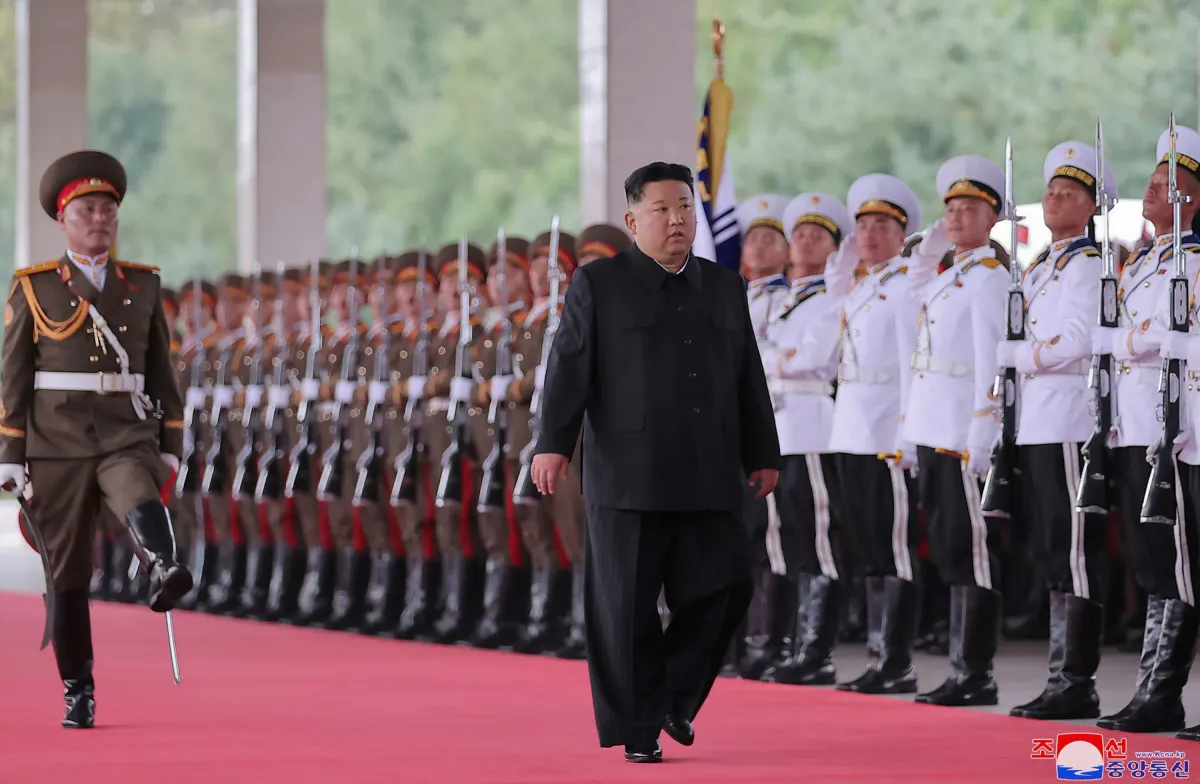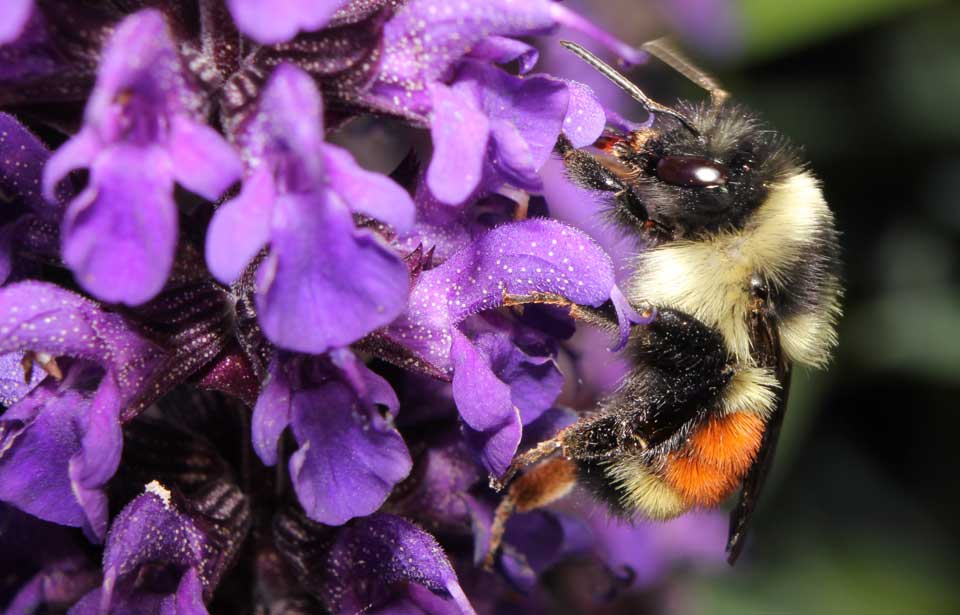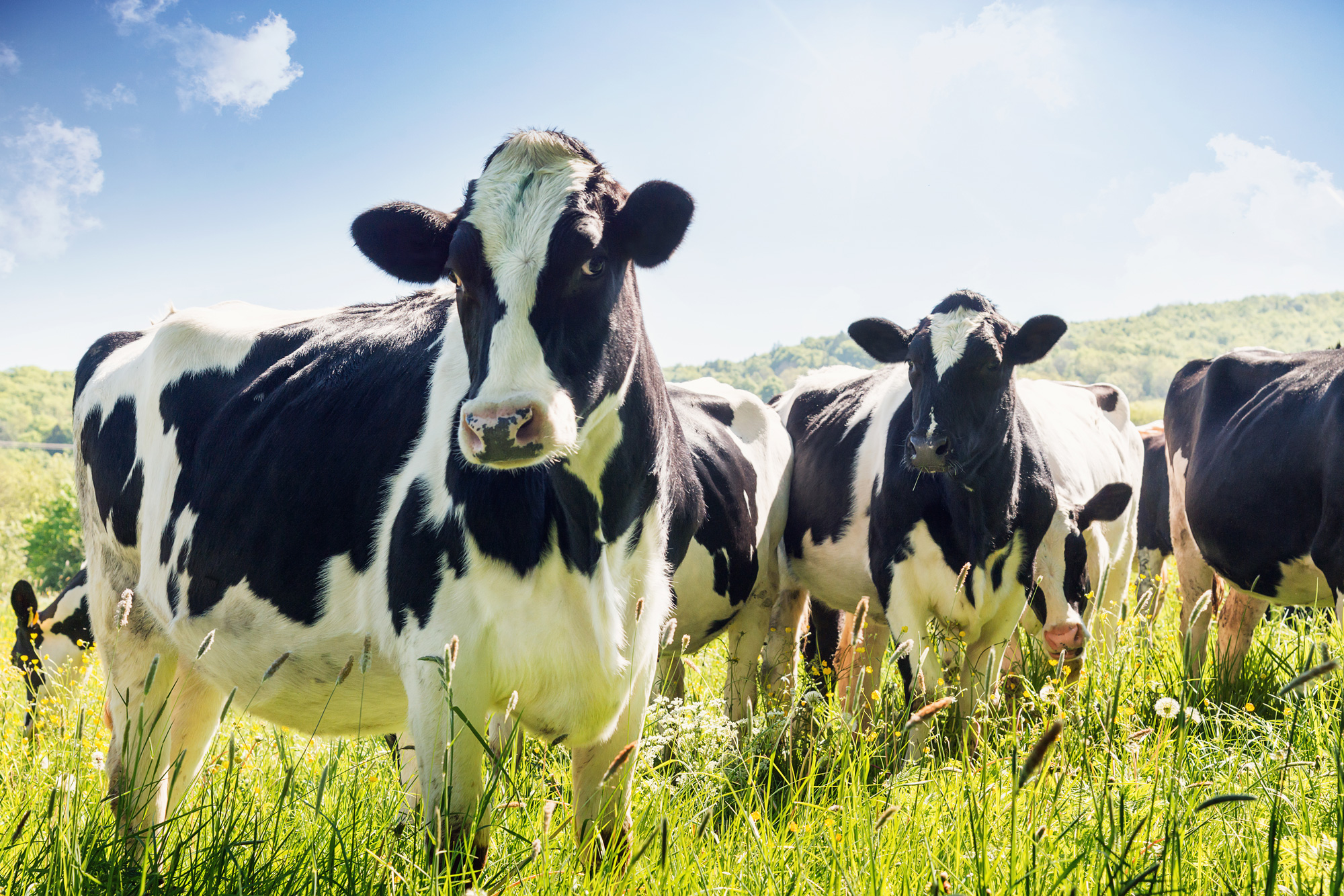What it's like to be a writer in North Korea

From Kim Ju-Song for The Dial: "Aspiring writers in North Korea must register with the Korean Writers’ Union and participate in annual writing workshops. KWU editors evaluate each work on its ideological merits before allowing its publication. There are particularly strict rules regarding how the leaders and the Party may be depicted in literature. Literary success means becoming a “professional revolutionary” with lots of perks: a three-month “creativity leave” every year, permission to travel freely around the country, and special housing privileges.I had joined the KWU in the late 1980s. At that time, the only foreign literature ordinary North Koreans could access was that of other socialist nations, chiefly the USSR and China. Then I discovered the existence of a secret library with 100 copies of forbidden foreign works. Any mismanagement of the 100-copy collection would be prosecuted as a political crime."
A memorial for my Netflix DVD queue

From Andrew Trees for Smartset: "I still remember my excitement that first time — the red and white envelope from Netflix arriving in my New York City mailbox like a present waiting to be opened. No more schlepping to a video store only to find out that the movie you wanted to see wasn’t there. You used to put all of the films you wanted to see into a list that Netflix dubbed the “queue.” But the queue quickly became much more — a kind of running commentary on the state of my life. Much like books, the number of films I wanted to see far outran the number of films I had time to watch. But the beauty of Netflix was that it could keep track of all of those films for me until the queue itself became a kind of biography of the various phases of my life. And so, I come to my final confession — my current queue count. It stands at 485. I find it regularly mocking me. But Netflix has saved me from myself. They have finally shuttered their DVD-by-mail service."
How the humblebee became the bumblebee

From Richard Jones for The Guardian: "When Darwin wrote of the animated bundles of fluff, he would have called them humblebees. But they weren't humble in the sense of lowly beings doing the drudge work of nectar and pollen collecting; rather Darwin would have called them humblebees because, as they fly, they hum. Simple. The etymological change of entomological names occurred gradually and imperceptibly, but some key events can be pin-pointed. The first great 20th-century book on bees was by Frederick Sladen, and his 1912 opus was firmly in the "humble" camp. It is at about this time that the myth of the bumblebee's scientifically impossible flight came into play. The clumsy-looking furry bee with its pitifully small wings and tubby body was the perfect match for its new, slightly belittling name, as it bumbled from droopy bloom to droopy bloom."
Editor's note: If you like this newsletter, I'd be honoured if you would help me by contributing whatever you can via my Patreon. Thanks!
How I wound up with a mechanical heart valve at the age of 30

From Evan Grillon for Dirt: "My mechanical heart valve ticks with every heartbeat. I can hear it in moments when I pause to breathe, when I’m in the bathroom, in silent moments while I’m working, while I lay in bed at night. It is loud enough that in quiet spaces, others notice the sound. I have disturbed yoga classes with my ticking. My own family members, forgetting the piece of finely made metal that is sutured onto my heart, have looked up from their work to ask what that sound is. To some it sounds like a watch or a clock, to others, like a bomb, though rarely do I meet anyone who has so little tact that they say so. I’ve read of people who are driven half-mad by their heart valve, who can’t sleep, or whose wives can’t sleep, whose marriages are ruined. According to Susan Sontag, everyone “holds dual citizenship, in the kingdom of the well and in the kingdom of the sick.”
A supernova ‘destroyed’ some of Earth’s ozone for a few minutes in 2022

From Katrina Miller for the New York Times: "On Oct. 9, 2022, telescopes in space picked up a jet of high energy photons careening through the cosmos toward Earth, evidence of a supernova exploding 1.9 billion light-years away. Such events are known as gamma ray bursts, and astronomers who have continued studying this one said it was the “brightest of all time.” Now, a team of scientists have discovered that this burst caused a measurable change in the number of ionized particles found in Earth’s upper atmosphere, including ozone molecules, which readily absorb harmful solar radiation. The effect was detectable for just a few minutes before the ozone repaired itself, but had the supernova occurred closer to us, it would have been a catastrophe. The discovery, reported in a paper published in the journal Nature Communications, demonstrates how even explosions that occur far from our solar system can influence the atmosphere”
How Robert Bakewell invented a better cow in the 1700s

From Anton Howes for Age of Invention: "Bakewell’s core objective, in improving cattle, was to make them as profitable as possible. His core insight was that you could divide a cow with two horizontal lines, with butchers paying the most for the topmost meat on cows’ backs, fit for roasting — “gentlemen’s meat” of the sirloin and fillet. The middle section was less valuable. And the lowest, generally boiled, was “only fit for the army”. Over the course of decades he thus selectively bred cows with the largest possible backs — where the most valuable meat was — and the leanest possible lower parts, their bellies forming a sort of triangle. This strategy was not just about maximising the price of the cows when sold for meat, but about making them as efficient as possible when it came to feeding them. The less feed spent on developing muscle in the lower, less valuable parts, the better."
A murmuration of starlings
Murmuration of starlings in Italy.. 😊 pic.twitter.com/nzw7TiMA8L
— Buitengebieden (@buitengebieden) November 25, 2023
Acknowledgements: I find a lot of these links myself, through RSS feeds etc. But I also get some from other newsletters and blogs that I rely on as "serendipty engines." They include Today In Tabs, Clive Thompson's Linkfest, Maria Popova's website The Marginalian, The Morning News from Rosecrans Baldwin and Andrew Womack, Why Is This Interesting, Dan Lewis's Now I Know, Robert Cottrell and Caroline Crampton's The Browser, Sheehan Quirke AKA The Cultural Tutor, the Smithsonian magazine, and JSTOR Daily. If you come across something you think should be included here, feel free to email me.



